
If one looks at the most-attended documentaries this year, with a batch topped by 2016: Obama’s America and including Katy Perry: Part of Me, one may come to the conclusion that the genre is in a sad state of affairs. However, that notion could not be further from the truth, as year in and year out the documentary form has produced some of the most fascinating stories cinema has to offer. 2012 was no exception and, while it hurt to select just ten of the best, we’ve got a rundown of our favorites, which you can see below.
How To Survive a Plague (David France)

My favorite documentary of the year, How to Survive a Plague, has the amazing ability to at once educate, entertain and emotionally eviscerate along the way. Director David France gives the men and women fighting for their lives in the face of the AIDS epidemic a voice — well, actually, he uses their voices to tell the story via archival home videos taken by ACT UP members as the battle raged. He introduces key members as they’re dually labeled terrorists and scientific visionaries, each protesting the establishment while they reinvent it. It’s a tale of hope told by the hopeless who were left to die if not for their own unwavering strength to survive. – Jared M.
Jiro Dreams of Sushi (David Gelb)
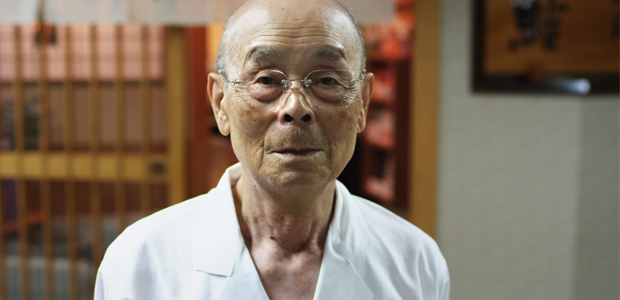
It’s easy for a documentary to gain your attention if you have any interest in the subject matter. Thus, when an avowed sushi-hater like myself somehow manages to find a connection with Jiro Dreams of Sushi, you can be assured that this isn’t your average preaching-to-the-choir documentary. The joy comes in watching a man dedicated to a craft executing his chosen art to perfection, and watching the ways in which time and history have shaped his work. The fact that Jiro also lends a detailed insight into Japanese social and familial culture rarely hinted at in any work of fiction only serves to add another layer to an already transformative experience. – Brian R.
The Imposter (Bart Layton)

One of those so-wild-it-has-to-be-true kind of docs, The Imposter brings back the lost art of re-enactment. Director Bart Layton builds a thriller around this tale of a professional shapeshifter and his specific encounter with a Texan family. You won’t want to believe what you’re seeing, but you won’t be able to believe anybody could make this stuff up. – Dan M.
Indie Game: The Movie (Lisanne Pajot, James Swirsky)
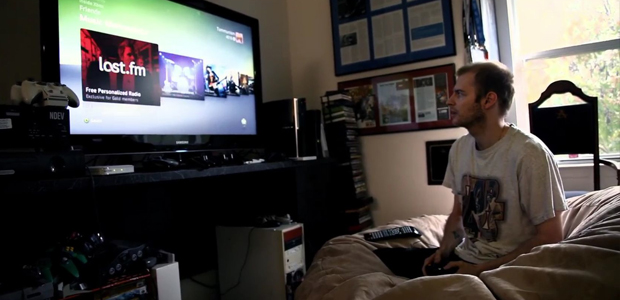
In Indie Game: The Movie first-time filmmaking duo Lisanne Pajot and James Swirsky document a new breed of struggling artists who refuse to compromise on their personalized creative visions. Devoting countless nights to caffeinated coding sessions, these indie developers pour their heart and soul into perfecting not just the gameplay experience but the overall emotional connection they hope people will have. You will surely be shocked by the amount of work and dedication it takes to bring these special interactive experiences to life and their drive for passion will transfer to anyone not even remotely interested in their craft. – Raffi A.
Mea Maxima Culpa: Silence in the House of God (Alex Gibney)
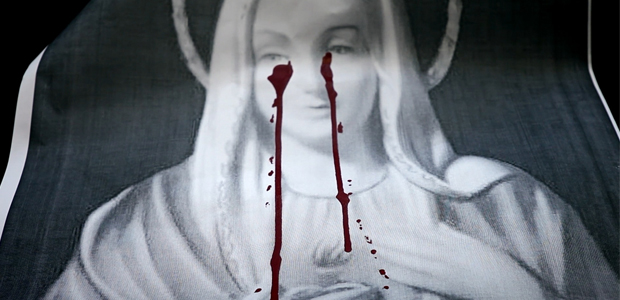
Alex Gibney’s riveting documentary exploring multiple international cover-ups of pedophilia in the Catholic Church is one of the most eye-opening of the year. Giving voice to a group of men who, as boys, were molested in a Catholic Boarding School in Milwaukee in the 1950s, Gibney uncovers a horrifying cover-up reaching to the very top of the Vatican. Gibney, a master storyteller, approaches the subject matter via talking heads, including interviews with the victims, attorneys and the church’s own specialists. – John F.
The Queen of Versailles (Lauren Greenfield)

Laura Greenfield’s The Queen of Versailles is an extraordinary look behind the scenes of one of the wealthiest families in the world. David Siegel and wife Jackie start construction on the most expensive single-family house and when times are good, they are great, but after the 2008 economic crash, not so much. This is a story of how the 1% survives (including a limo ride to McDonalds), yet it manages to be a sincere and honest portrait, so much so, it’s worth noting the Siegels had filed a lawsuit against Greenfield. – John F.
Samsara (Ron Fricke)
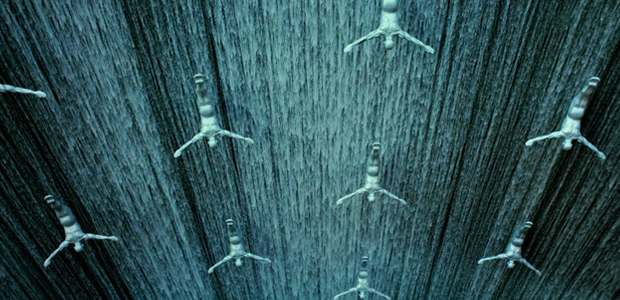
Samsara is not a traditional movie experience by any means, specifically due to the manner in which it defies the standard approach of both narrative and documentary filmmaking. There is no dialogue, no voice over, no story or plot per se. Instead the film opts for something more operatic and uses the language of the moving image as a means for mutual recognition. Samsara requires a bit of patience from the audience to appreciate, but if you give yourself into it and it’s a marvel to witness. – Raffi A.
Searching For Sugarman (Malik Bendjelloul)
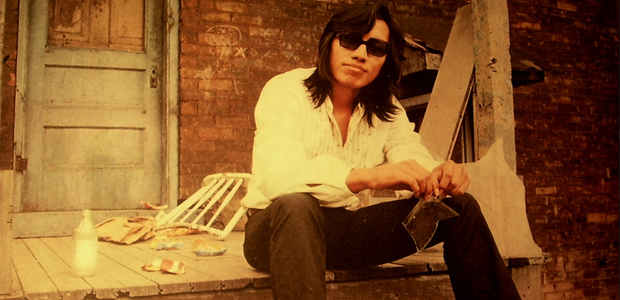
In this unlikely true to life fairy tale, Detroit folk musician Rodriguez takes center stage in this crafty and earnest rock documentary. Most people (especially stateside) have never heard of Rodriguez, as his two records barely saw the light of day when they were released in the early 70’s. Interviews with former colleagues and friends suggest he was some sort of rogue drifter with a propensity for folk tunes, roaming the streets of Detroit by day and showing up to blow people’s minds on stage at night; he made Bob Dylan look like Miley Cyrus. His records went on to spread like wildfire in South Africa, quickly transforming him into a legend more revered than Elvis. What’s remarkable about Rodriguez is how little the attention truly affected him. His relationship with music is so pure and untainted by all of the baggage that comes with being a performer that it serves as a great reminder that sometimes the stuff you enjoy in life is just that and nothing more. – Tim C.
Tchoupitoulas (Bill Ross IV, Turner Ross)
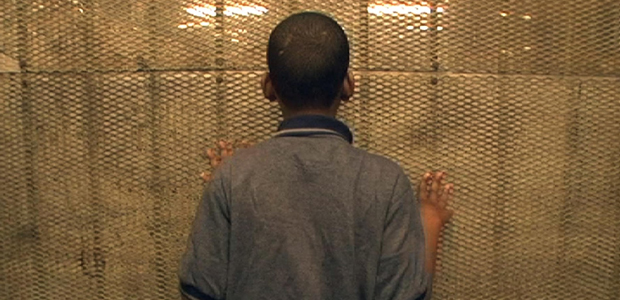
Following a trio of brothers on an adventure into a neon red world of New Orleans debauchery, this fly-on-the-wall documentary offers us the opportunity to watch the process of growing up over the course of one wild, crazy, magical night. The film is a testament to how fascinating it is to simply take children and mash them up against an ocean of adults acting like children. – Dan M.
This is Not a Film (Jafar Panahi, Mojtaba Mirtahmasb)
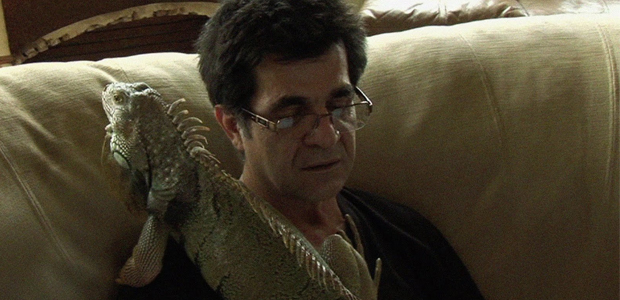
While a few films on this list bend the idea of the documentary form, none are as daring as the latest from Iranian filmmaker Jafar Panahi. Blurring the lines between fiction and fact, This is Not a Film (after being smuggled into Cannes via a jump drive in a cake, due to the Iranian government banning Panahi from filmmaking) is a startlingly personal look at one man’s imprisonment. However, this brief rundown only touches the surface of all that this small, remarkable film holds. – Jordan R.
What were your favorite documentaries of the year?

